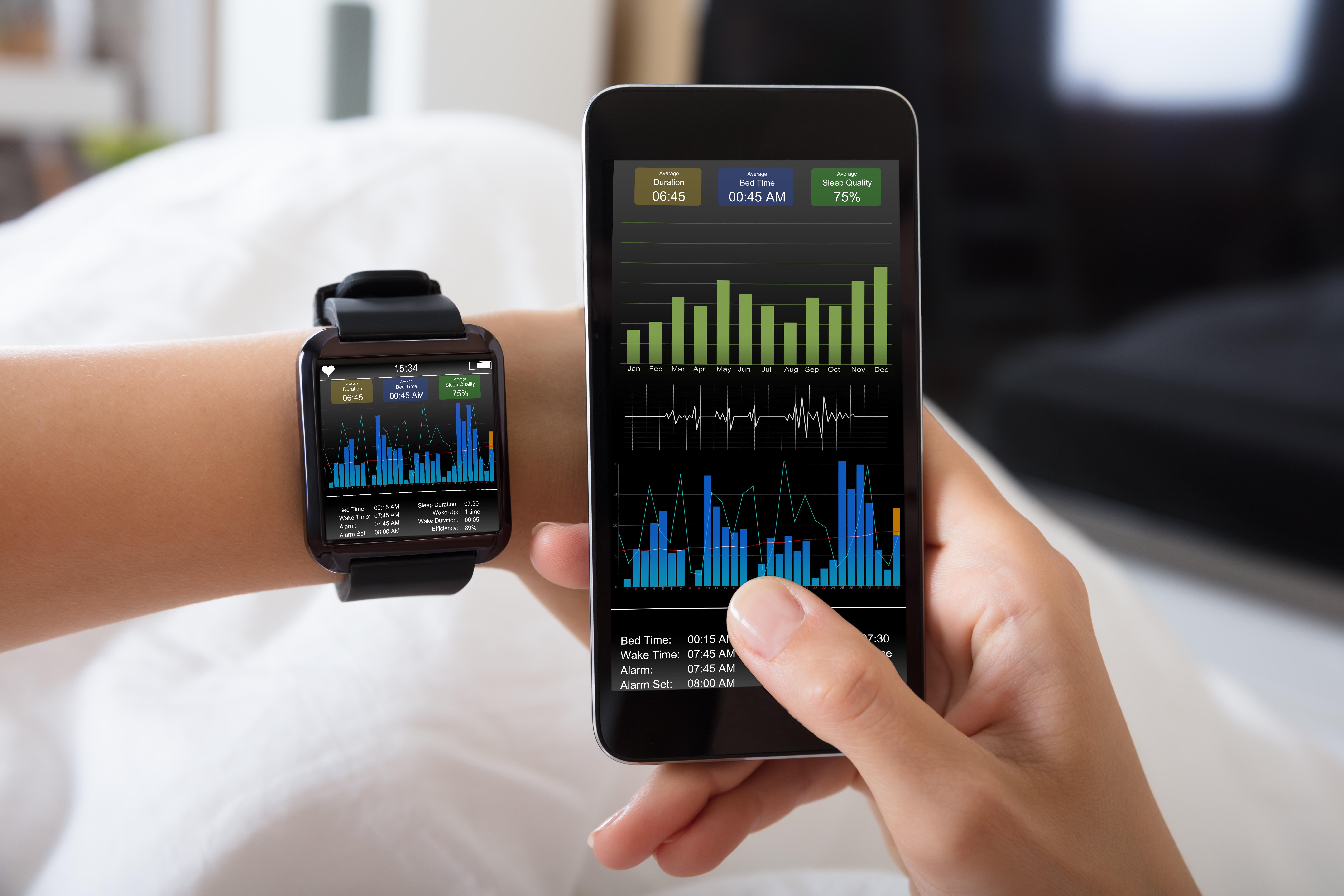Get fit and get online!
It’s January, a time when people traditionally make resolutions to lose weight, get fit or learn new skills. So this is the perfect time to think about how people can become healthier at the same time as learning basic digital skills.
Wales has some significant health challenges. Obesity, alcohol consumption, smoking and low levels of physical activity are all serious issues. A 2016 briefing for Assembly Members on the public health challenges in Wales highlighted that:
- Approximately 1 in 5 adults in Wales smoke, causing 18% of adult deaths and costing £386 million per year to the NHS.
- Each year physical inactivity costs the Welsh economy £314 million per year.
- A majority of people (58%) in Wales are either overweight or obese.
- In Wales alone, alcohol misuse directly leads to over 1,500 deaths each year at a total cost of £100 million.
- Substance misuse has a significant impact on society. The combined economic and social costs of alcohol and Class A drug misuse in Wales is estimated to be around £2 billion.
What’s more, the people most at risk of poor health – those on low incomes or living in the most deprived areas of Wales – are also likely to lack digital skills.
So technology and apps which focus on fitness offer a win/win situation. On the one hand, they can help boost motivation and track progress for people trying to get fitter, increasing the likelihood of long-term success. On the other, they can be a great way to help people who are reluctant to use digital technology to give it a go, helping them improve their digital skills.
Digital Communities Wales has worked with a range of community organisations that’ve helped people improve their health with fitness technology and apps. Today we’re highlighting those examples so that we can inspire others to do the same.
- The HAPI project in RCT borrowed Fitbits from Digital Communities Wales so that some of its clients could see how using technology improved their fitness.
- People in Blaenau Gwent improved their fitness, digital skills, confidence and self-esteem thanks to a Fitbit project developed by Aneurin Leisure Trust.
- Plumbers, electricians and painters working for Melin Homes needed basic digital skills to do their job. Using Fitbits helped them gain these skills in a more fun and informal way.
- Stroke patients have a long road to recovery but using Fitbits made this journey faster and more efficient for a group in South West Wales.
Apps can’t go on a diet or exercise more, only people can. But the evidence from Digital Communities Wales and its clients suggests that technology is an effective way to help people become healthier and make positive, long-term life changes.


